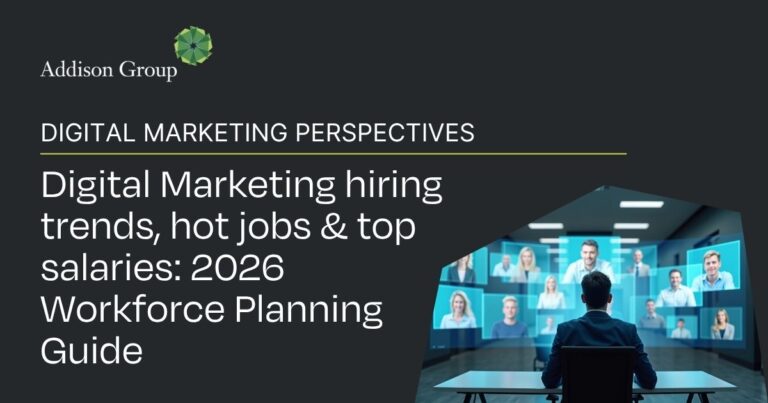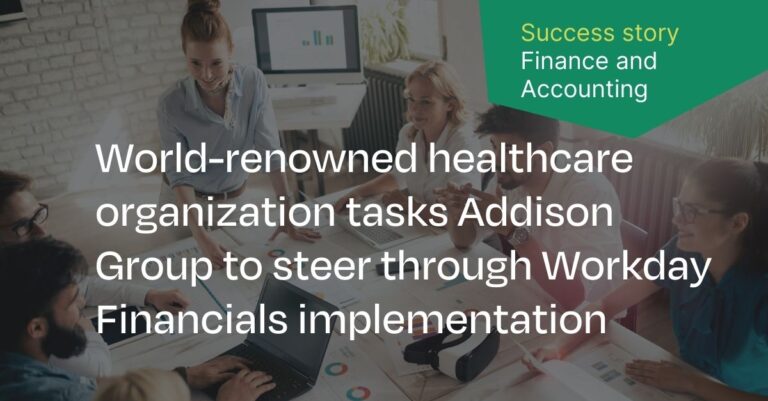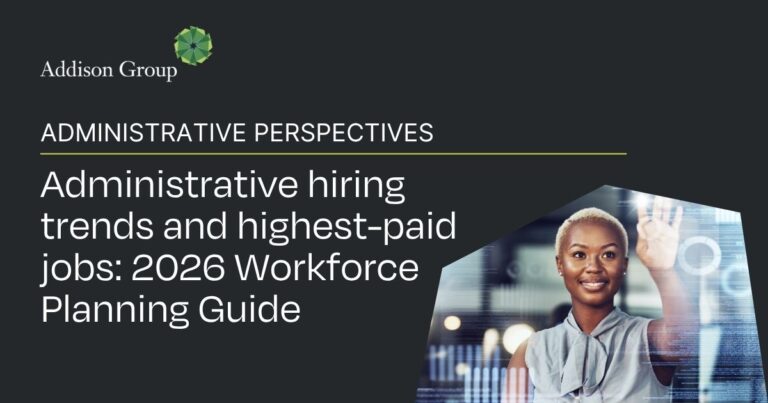AI in Healthcare: What You Need To Know

Artificial Intelligence (AI) in the healthcare market was worth around $20 billion worldwide in 2023. The global healthcare AI market is forecast to be worth almost $188 billion by 2030. AI in healthcare covers a wide range of assistance to healthcare systems and workers, but it doesn’t come without risk. It’s not a perfect algorithm and requires human oversight, without which can affect the quality of the patient experience. We break down the pros and cons of AI in the healthcare industry and the talent you’ll need to consider to ensure your healthcare system functions successfully.
How is AI Used in Healthcare
AI is not one specific technology, but rather a collection. It can take on time-consuming and tedious tasks like administrative duties, but also aids in treatment diagnosis and recommendations, patient engagement, and more. For example, AI software can help scan radiological images for early detection, as well as predict outcomes from electronic health records.
The Upsides to AI in Healthcare
An important benefit of AI in a healthcare setting is its ability to make healthcare operations more efficient. For example, the use of virtual nursing assistants, similar to an AI chatbot, can help answer patients’ questions and forward reports to physicians. This ultimately frees up time from medical personnel filing paperwork to focus more attention on face-to-face patient interactions.
Additionally, AI can allow patients access to better preventative care. With different medical devices and apps rising in popularity, these technologies can allow health issues to be monitored more closely and alert patients if they need to seek medical care.

Some Challenges for AI in Healthcare
While AI can be a useful tool for healthcare organizations, it does not come without risk. Many organizations are hesitant to implement or add new AI functions for a variety of reasons. For example, one common use of AI in healthcare is machine learning. It can quickly process large amounts of clinical documentation, make predictions on medical outcomes, and identify patterns.
However, to be used efficiently, AI requires human input and assessment – especially as AI is a relatively new technology. As these functions progress, there will need to be greater contact between healthcare practitioners and technology experts. These new systems might be overwhelming for organizations, but the right talent can aid in keeping patient data secure, accurate, and personable.
Patients are hesitant to fully embrace AI and tend to be distrustful of its substitution for trained professionals. While AI proves tremendously useful for mundane tasks like scheduling appointments, patients expect a certain level of personal care.
Finding AI Talent in Healthcare
If you want to find talent to implement AI at your organization, the vetting process will be critical as these jobs often require an increase in technical skills and certifications. Addison Group executes a robust vetting process specific to healthcare, which ensures that candidates meet the proper criteria needed to help organizations keep up with the changes within the industry and its’ work environments.
2024 will only further enhance technology as an integral connector in the world’s infrastructure, and up-to-date healthcare jobs will be necessary to make that happen. Addison Group can help you find contract, contract-to-hire, and direct-hire talent to build a strong non-clinical healthcare team. Partner with us today.









